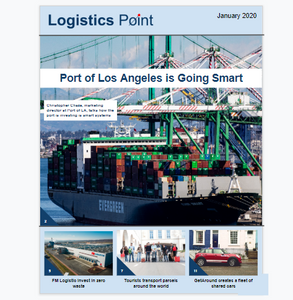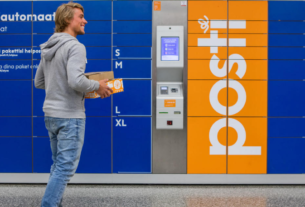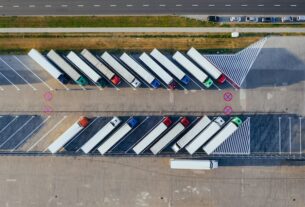With nearly 4 million refugees Turkey is one of the countries that are most affected by the humanitarian crisis in Syria and the rest of the region. With so many people in need for food and other daily materials it is no surprise the logistics and supply chain challenge is enormous. But researchers from the Brunel University in London have found a way to ease the pressure by mapping the whole area and thus to provide a clearer picture of where and how to position warehouse and logistics power.
Free Download: The Logistics Point Magazine Jan2020
One of the biggest problems is that there are usually multiple agencies and private companies who work on the field to supply materials and food to those in need. The sheer number of NGOs and private firms makes many operations inefficient and creates bottle necks everywhere. This leads to wastage and food not being deliver where and when it is needed which ultimately means companies fail to accomplish their goals.
The challenge of supplying millions of people with perishable goods in a territory so densely populated is complex but the price of failing usually means death. What the team of researchers and local experts have concluded is that there needs to be a framework for operational excellence that could ensure companies know what they are doing so there are no double efforts. Such a framework looks at all aspects of the operation to find the best way of supplying food to the most vulnerable in a timely manner whilst controlling the cost and making sure safety is not being jeopardised.
By mapping the area the team managed to create a much needed clarity and bring together agencies that don’t necessarily speak to one another. This meant building a knowledge hub on where and how all logistics operations are delivered and where they bring value. “The whole logistics is organised based on where you are actually adding value and where you are not,” said Dr Manoj Dora, director of Collaborative Projects and Outreach, and researcher in Operations and Supply Chain Management at the Brunel University London, at the Aid&Trade event in London.
Based on the mapping organisations were able to change the way they operate to deliver the highest value. Also, the findings led to physical changes of the layout of many warehouses and better routing that created less food waste and better control of the cost.
More:
Innovation lessons from the humanitarian sector
#foodsupply #logistics #Brunel #Syria #Turkey


